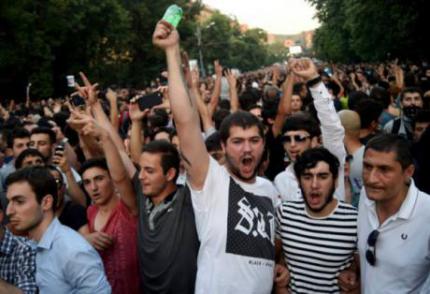Neoliberalism, mining and Armenia's politics of plunder
The resurgence of fighting with Azerbaijan could hinder progressive mobilisation in Armenia, but recent environmental initiatives reveal the appetite for resistance to the economy of extraction.
- 1 of 3
- ››







.jpg)








.jpg)